Pet Hydration Matters: How to Keep Your Dog or Cat Healthy, Comfortable, and Safe in Florida’s Heat
At Skyway Animal Hospital in St. Petersburg, Florida, we know your pet is more than just a companion-they’re family. Whether your dog is always at your side for beach walks or your cat rules the sunny windowsill, proper hydration is key to keeping them healthy, energetic, and thriving.
Florida’s warm, humid climate only adds to the challenge. Dehydration can sneak up quickly, and the signs aren’t always easy to spot. In this guide, we’ll help you recognize the signs, understand the risks, and take practical steps to ensure your pet stays hydrated and protected year-round.
Why Hydration Is So Important for Pets
Water isn’t just “nice to have”- it’s essential to life. It regulates body temperature, cushions joints, aids digestion, flushes out toxins, and keeps organs working properly. When pets don’t get enough fluids, even for a short time, the consequences can range from mild fatigue to life-threatening emergencies.
Just like humans, pets lose fluids through:
- Panting or sweating through their paw pads
- Vomiting, diarrhea, or increased urination
- Heat exposure or physical exertion
Dehydration is more than just thirst-it’s a disruption in the body’s ability to function normally. Left untreated, it can lead to serious complications like kidney damage or shock.
How Much Water Does Your Pet Need?
Most healthy pets need about one ounce of water per pound of body weight per day. That means a 10-pound cat should drink roughly 10 ounces daily. But several factors can increase your pet’s water needs:
- Warm or humid weather
- Dry food diets (which have little moisture compared to canned food)
- High activity levels
- Chronic illnesses like diabetes or kidney disease
- Medication that increases fluid loss
Some pets-especially cats-aren’t naturally strong drinkers. That’s why it’s so important to monitor intake and encourage hydration in subtle, consistent ways.
Recognizing the Early Signs of Dehydration
Catching dehydration early can prevent more serious health problems. Be alert for:
- Lethargy or reluctance to play
- Dry, tacky gums
- Sunken eyes
- Loss of skin elasticity (try gently pulling up the skin on the back of their neck-if it doesn’t spring back quickly, that’s a warning sign)
- Decreased appetite
- Panting or elevated heart rate
Severe symptoms can include vomiting, diarrhea, confusion, collapse, or seizures. If you’re unsure, perform a simple home exam, and call us right away with any concerns.
Medical Conditions That Can Cause or Worsen Dehydration
Sometimes, dehydration is a symptom of a deeper issue. Common culprits include:
- Kidney disease: Affects the body’s ability to retain fluids. Learn more at MSU: Chronic Kidney Disease
- Diabetes: Leads to excess urination and fluid loss
- Heatstroke: Extremely dangerous and fast-developing-read Heat Safety Tips – AAHA
- Vomiting or diarrhea: Can quickly drain fluid reserves-more on Canine Diarrhea and Feline Vomiting
Addressing these underlying issues is key to managing hydration long-term.
When Dehydration Becomes Dangerous
Untreated dehydration can result in:
- Kidney failure
- Electrolyte imbalances (which may cause muscle tremors or seizures)
- Organ damage
- Hypovolemic shock, a medical emergency
If your pet is showing multiple symptoms or is unresponsive, call your emergency vet immediately. Learn more at Help! Is This a Pet Emergency? – AAHA and ASPCA Emergency Care Guide.
How We Treat Dehydration at Skyway Animal Hospital
We’ll begin by assessing your pet’s hydration through a physical exam, including:
- Gum and skin checks
- Temperature, pulse, and respiration
- Bloodwork and urinalysis, if needed
Treatment Options May Include:
- Mild cases: Encouraging oral fluids, flavored broths, or electrolyte solutions
- Moderate to severe dehydration: IV or subcutaneous fluids to rehydrate efficiently
- Learn how to give subcutaneous fluids to your cat if home care is recommended
We’ll also address any underlying illness contributing to the dehydration.
Preventing Dehydration: Easy, Effective Daily Habits
The best approach is prevention. These tips make hydration part of your everyday routine:
- Place multiple water bowls throughout the house
- Use pet-safe fountains to encourage drinking, especially for cats
- Mix wet food or broth into meals
- Offer ice cubes or chilled treats during warm months
- Ensure shade and airflow when pets are outside
- Track their drinking habits-especially during illness or extreme weather
Get proactive advice from Preventing Pet Emergencies – UW Vet Med
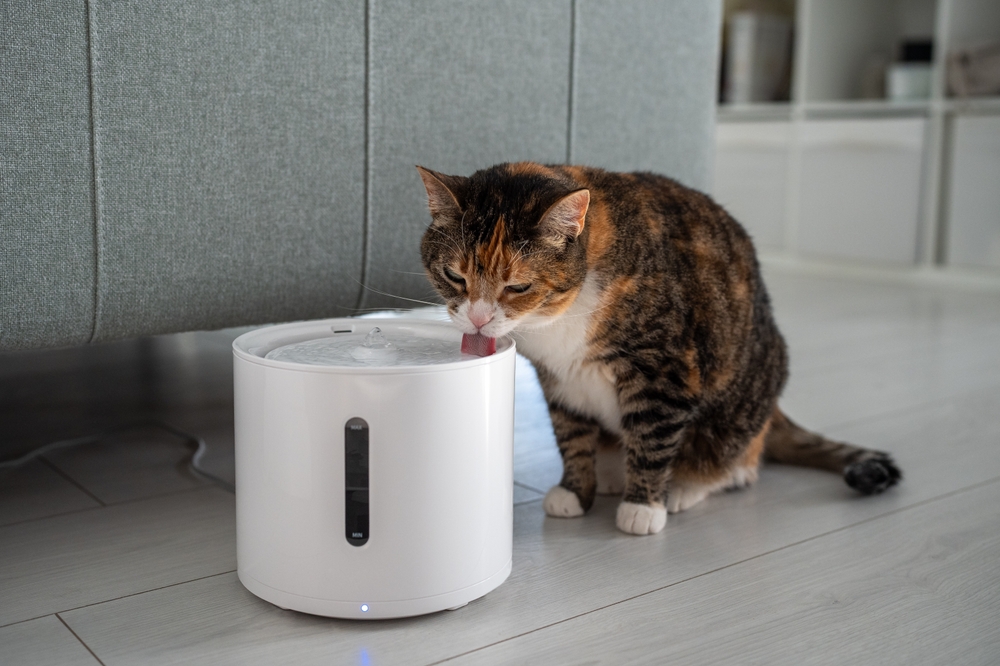
Frequently Asked Questions (FAQs)
Q: How can I tell if my pet is drinking enough?
Track water levels in the bowl daily and watch for signs like changes in urination, behavior, or appetite.
Q: Can pets drink too much water?
Yes. Excessive thirst could signal diabetes, Cushing’s disease, or kidney problems. If you notice increased drinking and urination, give us a call.
Q: Should I be concerned if my indoor cat rarely drinks?
Maybe. Many cats don’t drink much, especially if they eat wet food-but hydration still matters. You can encourage intake with fountains or flavored water.
We’re Here When You Need Us
At Skyway Animal Hospital, your pet’s comfort and long-term health are our top priorities. If you’re concerned about hydration, or if something just feels “off,” don’t hesitate to contact us.
Let’s work together to keep your pet happy, hydrated, and feeling their best-no matter the season.

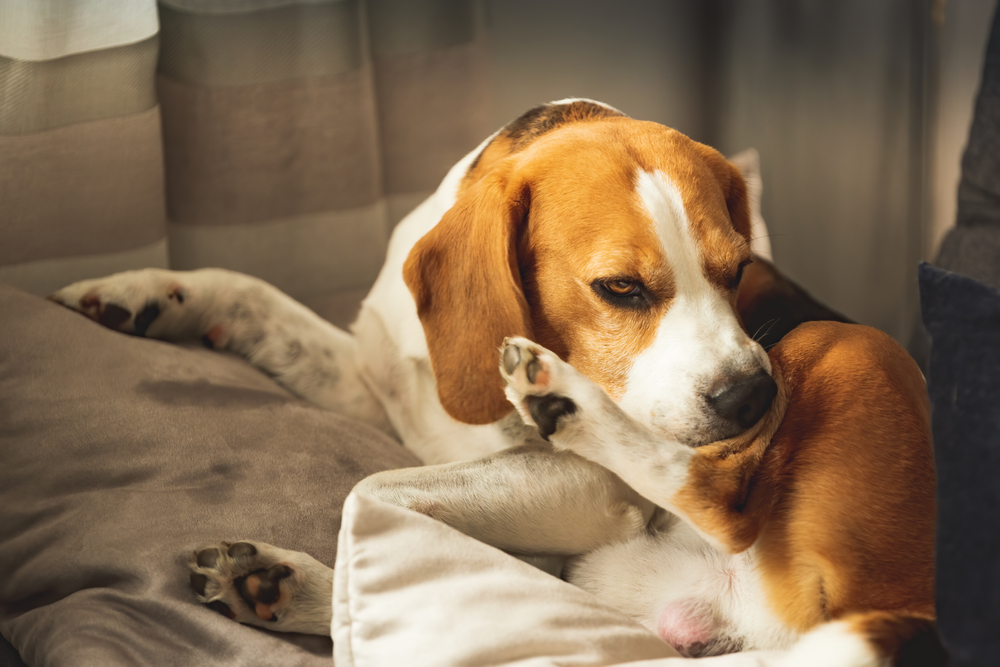
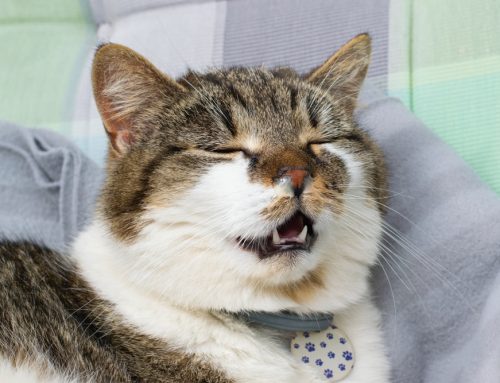
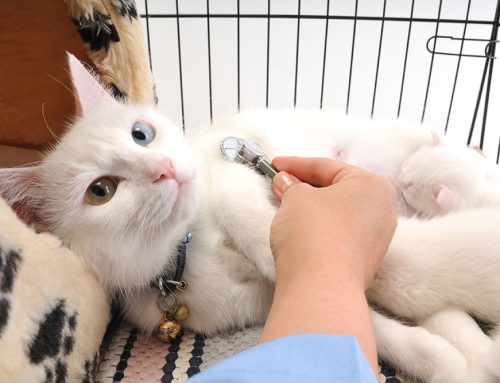
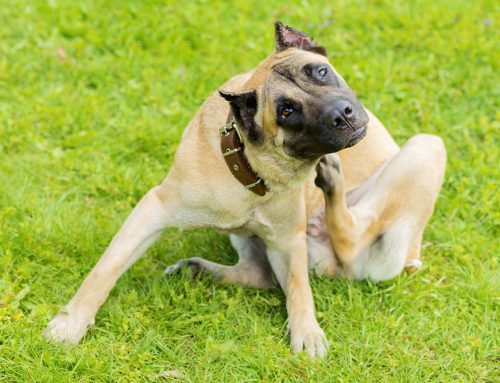
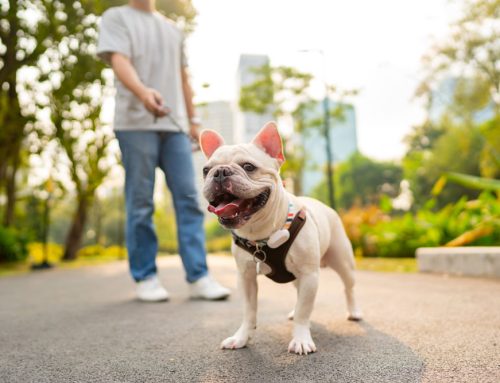

Leave A Comment